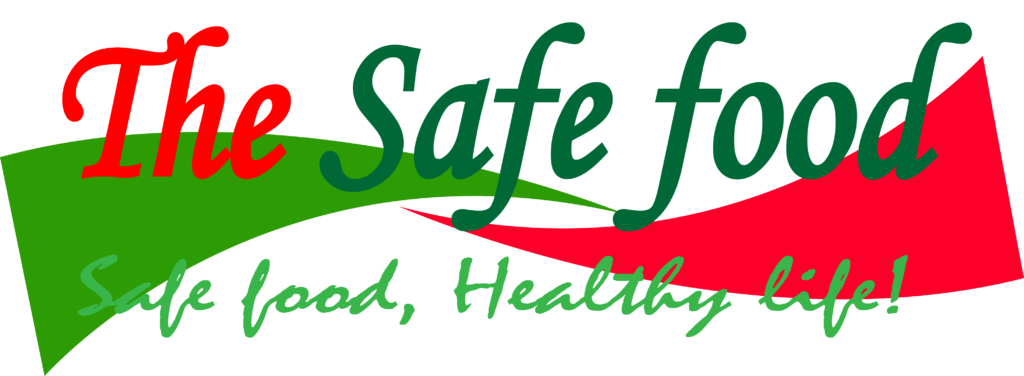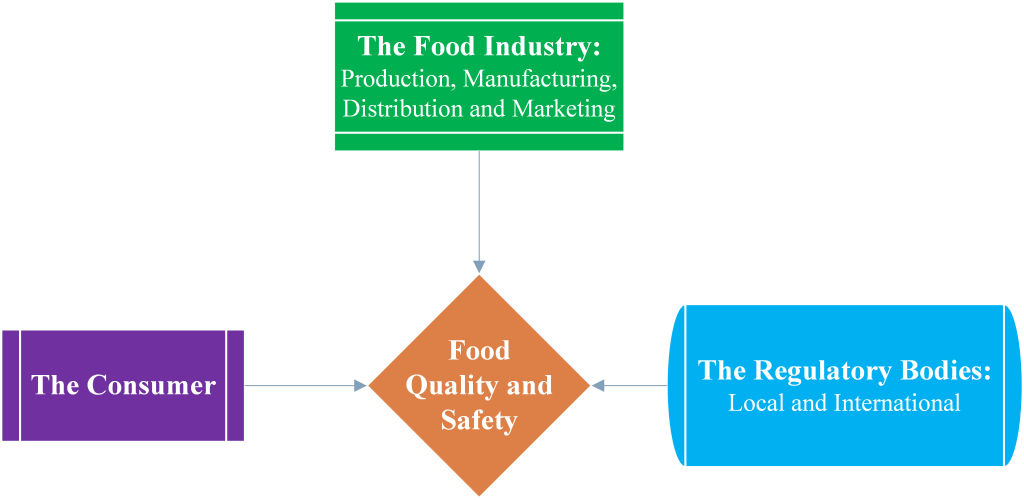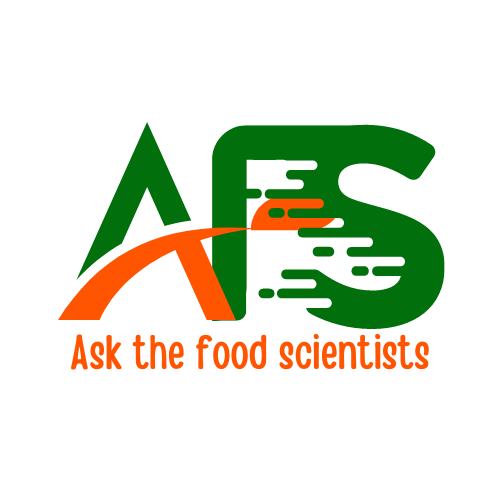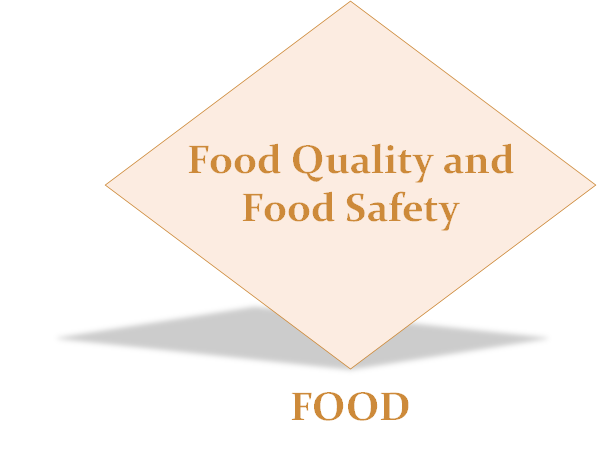The safe food imperative compels us to prioritize food safety at every stage of the food system, from production to consumption, in order to protect human health, foster economic stability, and ensure the nourishment of communities. Food security has long been a significant concern, particularly in developing countries. However, achieving true food security requires more than just addressing the availability and accessibility of food. It demands a comprehensive understanding and consideration of food safety at all levels.
This is because food that is unsafe poses a direct threat to human health, rendering it unsuitable for consumption. Therefore, even if there is an abundance of food, without ensuring its safety, food security issues persist. This underscores the critical importance of integrating food safety measures into the broader framework of food security.
Food safety knowledge is for all!

Every consumer deserves to have high quality and safe food. …Read more!

Food security encompasses several dimensions, including availability, access, utilization, and stability of food supplies. While efforts have traditionally focused on increasing agricultural production and improving distribution networks, the safety of the food itself cannot be overlooked. Foodborne illnesses resulting from contaminated or unsafe food have far-reaching consequences, including negative impacts on public health, economies, and social well-being.
Unsafe food can lead to various health problems, ranging from mild gastrointestinal issues to severe illnesses and even death. Vulnerable populations, such as children, pregnant women, the elderly, and individuals with compromised immune systems, are particularly susceptible to the detrimental effects of consuming unsafe food. Moreover, foodborne diseases place an enormous burden on healthcare systems, straining resources and exacerbating the challenges faced by communities already grappling with food insecurity.
Food safety is the responsibility of all the stakeholders in the food value chains.

What is done or not done by various persons may directly influence food safety. It is therefore very important that all stakeholders know their roles, and what is expected of them.
Unsafe foods are detrimental to health and the economy since the sick people can never be productive. Besides, more resources will be directed towards treatment or the disease management.
To achieve food safety, a combined effort by all stakeholders is imperative. The consumer must always receive safe food products.
In order to address the complex issue of food security, a holistic approach is necessary. This includes robust food safety systems that encompass the entire food supply chain, from production to consumption. Key measures involve the implementation and enforcement of food safety regulations, adherence to good agricultural and manufacturing practices, comprehensive monitoring and surveillance programs, and effective communication channels to disseminate information about food safety practices to consumers.
Investing in food safety not only protects human health but also enhances food security in multiple ways. By preventing foodborne illnesses, the burden on healthcare systems is reduced, allowing resources to be allocated to other critical areas. Moreover, ensuring the safety of food supports consumer confidence, leading to increased demand and market access for producers. This, in turn, promotes economic growth and stability within local communities and national food systems.
Education and awareness also play a vital role in ensuring food safety. Empowering individuals with knowledge about safe food handling, storage, and preparation practices enables them to make informed choices and protect themselves and their families from foodborne risks. Additionally, promoting sustainable and environmentally friendly agricultural practices contributes to long-term food security by safeguarding natural resources and reducing contamination risks.
In conclusion, achieving food security requires a comprehensive understanding of the critical link between food safety and overall food availability and accessibility. Unsafe food undermines efforts to combat hunger and malnutrition, as it poses significant risks to human health. By integrating food safety measures into the broader framework of food security, we can protect consumers, reduce healthcare burdens, enhance market opportunities, and promote sustainable development. It is imperative that we prioritize food safety at all levels to create a future where safe and nutritious food is accessible to all.
Our Blog ↗
Read the latest from our blog
Ask a Question ↗
Ask a question and get answers from our community
Give Feedback ↗
We value your feedback.



most trusted online pharmacy
canadian online pharmacies legitimate by aarp
top canadian online pharmacy
list of canadian pharmacies
certified canadian international pharmacy